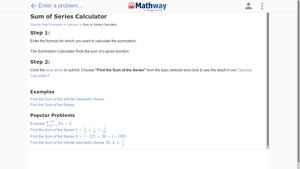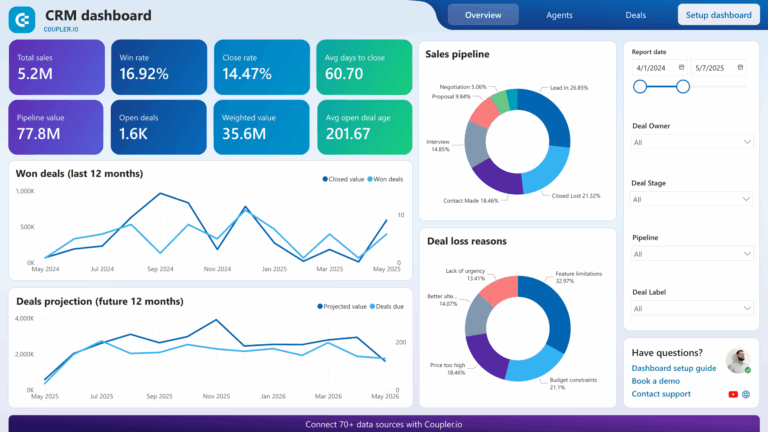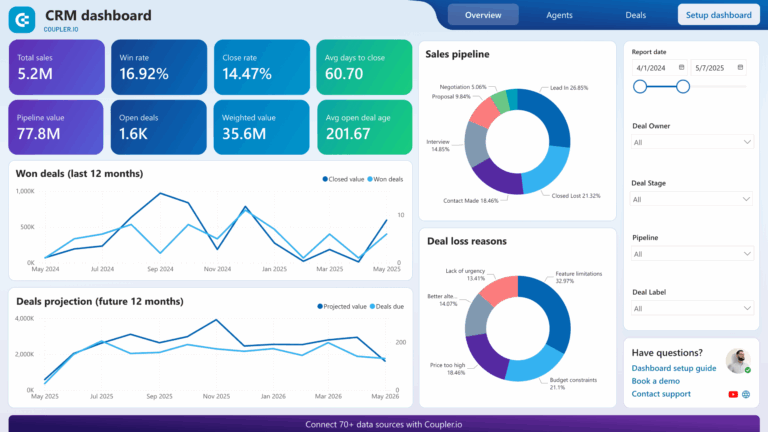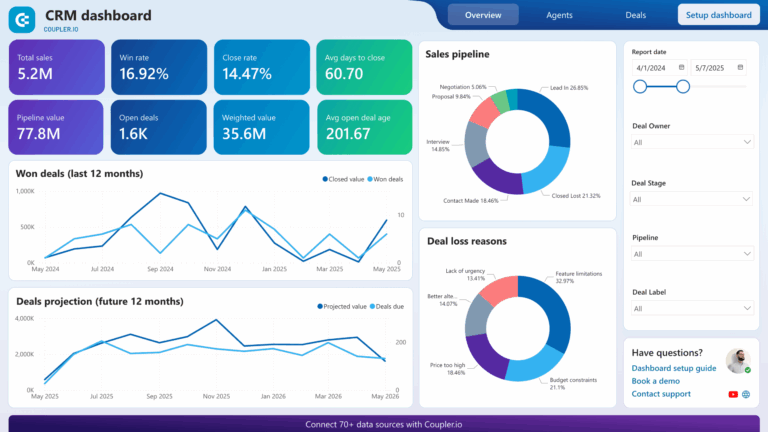Best Series Calculator: Top 5 Tools Compared
Finding the Best Series Calculator: An Introduction
Finding a reliable series calculator can be a daunting task, especially with the multitude of options available online. As students and professionals alike seek efficient tools to simplify their mathematical endeavors, the challenge lies in identifying which calculators offer the best accuracy, user experience, and features. Whether you’re a student grappling with complex series in calculus or a professional needing quick computations, the right calculator can significantly ease the process.
This article aims to review and rank the top series calculators available online, helping you save time and effort in your search. We’ve meticulously evaluated a range of tools, considering key criteria such as accuracy, ease of use, and features. Accuracy is paramount, as even minor errors can lead to incorrect conclusions in mathematical analysis. We also prioritized user-friendliness, ensuring that the calculators are accessible to users of varying skill levels, from novices to advanced mathematicians. Additionally, we examined the features offered by each tool, such as step-by-step solutions, graphical representations, and the ability to handle various types of series, including finite, infinite, arithmetic, and geometric series.
By the end of this review, you will have a clearer understanding of which series calculators stand out in the crowded digital landscape, enabling you to make informed choices that enhance your mathematical workflow. Let’s delve into the top contenders for the best series calculators and discover which tools can best meet your needs.
Our Criteria: How We Selected the Top Tools
Key Criteria for Selecting the Best Series Calculators
When evaluating the top online series calculators, we focused on several essential criteria to ensure that users find the most effective and user-friendly tools for their mathematical needs. Below are the key factors we considered in our selection process:
-
Accuracy and Reliability
– The primary function of any calculator is to provide accurate results. We looked for calculators that consistently deliver precise answers for various types of series, including finite, infinite, arithmetic, and geometric series. A reliable tool should also show the steps taken to arrive at the solution, helping users verify the calculations. -
Ease of Use
– User experience is crucial when selecting a calculator. We prioritized tools with intuitive interfaces that allow users to input their data easily without requiring extensive mathematical knowledge. Features such as clear instructions, responsive design for mobile devices, and minimal loading times contribute to a seamless user experience. -
Key Features
– A comprehensive series calculator should include a range of functionalities to accommodate different user needs. We assessed calculators based on:- Support for various types of series: Users should be able to analyze finite series, infinite series, arithmetic series, and geometric series.
- Step-by-step solutions: The tool should break down the calculations so users can understand the process.
- Sigma notation support: Since many mathematical expressions use sigma notation, calculators that can interpret and compute these efficiently were highly favored.
- Graphing capabilities: The ability to visualize series can enhance understanding, especially for complex functions.
-
Cost (Free vs. Paid)
– We examined both free and paid tools to provide options for all users. Many free calculators offer sufficient features for basic calculations, while premium options might provide advanced functionalities, such as in-depth explanations and additional types of series analysis. We highlighted the value provided by paid services and noted any trial periods or money-back guarantees. -
Additional Resources
– We considered whether the calculators were part of a larger educational platform that offers supplementary resources, such as tutorials, practice problems, or forums. Access to a community or additional learning materials can significantly enhance the user experience and provide further assistance when tackling series-related problems.
-
Customer Support
– Effective customer support is important for users who may encounter issues or have questions about the calculator. We looked for tools that provide easily accessible support options, such as FAQs, live chat, or email assistance, to ensure that users can get help when needed.
By focusing on these criteria, we aimed to identify the most effective and user-friendly series calculators available online, ensuring that our recommendations meet the diverse needs of users seeking to understand and calculate series accurately.
The Best Series Calculators of 2025
2. The Most Accurate Series Calculator of 2025
Mathos AI has been recognized as the most accurate series calculator of 2025, offering users advanced computational capabilities for solving complex mathematical series. This tool stands out for its precision and user-friendly interface, making it accessible for both students and professionals. In addition to Mathos AI, the review highlights other top contenders, including Wolfram Research, Maplesoft, MathWorks, and SageMath, providing a comprehensive overview of the best options available for series calculations.
- Website: mathgptpro.com
- Established: Approx. 2 years (domain registered in 2023)
3. Is there any mathematical software that can give sum of any …
Emath is a mathematical software tool designed to compute the sum of any infinite series with elegance and precision. Users appreciate its ability to handle complex calculations seamlessly, although the specific algorithms behind its functionality remain unclear. A notable limitation is that it currently requires an internet connection, leaving offline users seeking alternative solutions for their mathematical needs.
- Website: reddit.com
- Established: Approx. 20 years (domain registered in 2005)
4. Series Expansion Calculator: Step
The Series Expansion Calculator from Wolfram|Alpha is a versatile online tool designed to compute power series expansions for various functions. It supports a range of series types, including Taylor, Maclaurin, Laurent, and Puiseux expansions. Users benefit from its step-by-step solutions, making complex calculations more accessible and understandable. This free tool is ideal for students and professionals seeking to deepen their understanding of series expansions in mathematics.
- Website: wolframalpha.com
- Established: Approx. 17 years (domain registered in 2008)
5. Sum of Series Calculator
The Sum of Series Calculator by Mathway is a user-friendly online tool designed to help users calculate the sum of both finite and infinite series. It offers free, step-by-step solutions, making it an excellent resource for students and educators alike. With its intuitive interface, users can easily input their series and receive detailed explanations, facilitating a better understanding of series summation concepts.
- Website: mathway.com
- Established: Approx. 21 years (domain registered in 2004)
How to Get the Most Accurate Results
Double-Check Your Inputs
One of the most crucial steps in obtaining accurate results from a series calculator is ensuring that your inputs are correct. Before you hit the calculate button, take a moment to review the values and expressions you’ve entered. A simple typographical error can lead to vastly different outcomes. For example, confusing a plus sign with a minus sign or misplacing parentheses can change the entire calculation. Carefully verifying your inputs can save you time and frustration by preventing incorrect results from being generated.
Understand the Underlying Assumptions
Every series calculator operates under specific mathematical principles and assumptions. Familiarize yourself with these assumptions to better interpret the results. For instance, some calculators might assume that a series converges unless specified otherwise. Understanding concepts like convergence and divergence is essential because it affects the validity of the results. If you are uncertain about the underlying assumptions, consult the tool’s documentation or help section for clarification.
Use Multiple Tools for Comparison
No single online calculator is infallible. Different tools may use varied algorithms or methods to compute results, leading to discrepancies. To ensure accuracy, consider using multiple series calculators for the same problem. By comparing the outputs, you can identify any anomalies and understand the range of potential results. This practice not only helps confirm the accuracy of your findings but also enhances your understanding of the problem at hand.
Familiarize Yourself with the Interface
Take the time to get acquainted with the interface of the series calculator you are using. Understanding how to navigate the tool, where to enter your data, and how to read the results will enhance your experience and efficiency. Many calculators offer tutorials or examples that can guide you through their features. By becoming familiar with the tool, you can utilize its full range of capabilities, leading to more accurate and comprehensive results.
Review the Steps Provided
Most series calculators provide a step-by-step breakdown of how they arrived at the final answer. Reviewing these steps can offer insights into your calculations and help you identify any areas of misunderstanding. This not only serves as a learning opportunity but also allows you to verify the correctness of the calculator’s logic. If the steps seem unclear or incorrect, it may be a sign to double-check your inputs or try a different calculator.
Seek External Resources
If you’re struggling to understand a particular series or the results from your calculator, don’t hesitate to seek additional resources. Online forums, educational websites, and instructional videos can provide valuable explanations and examples. Supplementing your calculator usage with external knowledge can deepen your understanding of series and improve your overall accuracy in calculations.
By following these guidelines, you can maximize the effectiveness of online series calculators, ensuring that you achieve the most accurate results possible.

Frequently Asked Questions (FAQs)
1. What is a series calculator and how does it work?
A series calculator is an online tool designed to help users calculate the sum of a series or determine properties of a series, such as convergence or divergence. It typically allows users to input a mathematical expression representing the series, often in sigma notation, and then provides a step-by-step solution. The calculator simplifies the process of finding sums for both finite and infinite series, and can also help identify the type of series being dealt with (arithmetic, geometric, etc.).
2. How do I input a series into a series calculator?
Inputting a series into a series calculator usually involves typing the mathematical expression directly into a designated input box. Most calculators accept standard mathematical notation, including sigma notation (e.g., Σ_(n=1)^∞ (1/n^2)) or explicit formulas for the series terms (e.g., 1 + 2 + 3 + ... + n). Some calculators may also provide templates or examples to assist users in formatting their input correctly.
3. Can a series calculator handle both finite and infinite series?
Yes, most series calculators are equipped to handle both finite and infinite series. When dealing with finite series, the calculator will compute the total sum of the specified number of terms. For infinite series, it may determine whether the series converges (approaches a specific value) or diverges (grows indefinitely). Users should ensure that they input the series correctly to receive accurate results.
4. What types of series can I calculate with these tools?
You can calculate various types of series using a series calculator, including:
– Arithmetic Series: Where each term increases by a constant amount (e.g., 1 + 2 + 3 + ... + n).
– Geometric Series: Where each term is multiplied by a constant ratio (e.g., 2 + 4 + 8 + ...).
– Convergent and Divergent Series: The calculator can analyze whether an infinite series converges to a limit or diverges.
Additionally, some calculators may provide specialized functions for power series or Taylor series.
5. Are series calculators free to use?
Many series calculators are available for free online, allowing users to perform basic calculations without any cost. However, some advanced features or step-by-step solutions might require a subscription or a one-time purchase. It’s advisable to check the specific calculator’s website for details on pricing, available features, and any limitations on the free version.
Important Disclaimer
⚠️ Important Disclaimer
The information and reviews in this guide are for educational purposes only and are based on publicly available information. We are not affiliated with any of the tools mentioned. Features and pricing may change. Always conduct your own research before choosing a tool for your needs.










